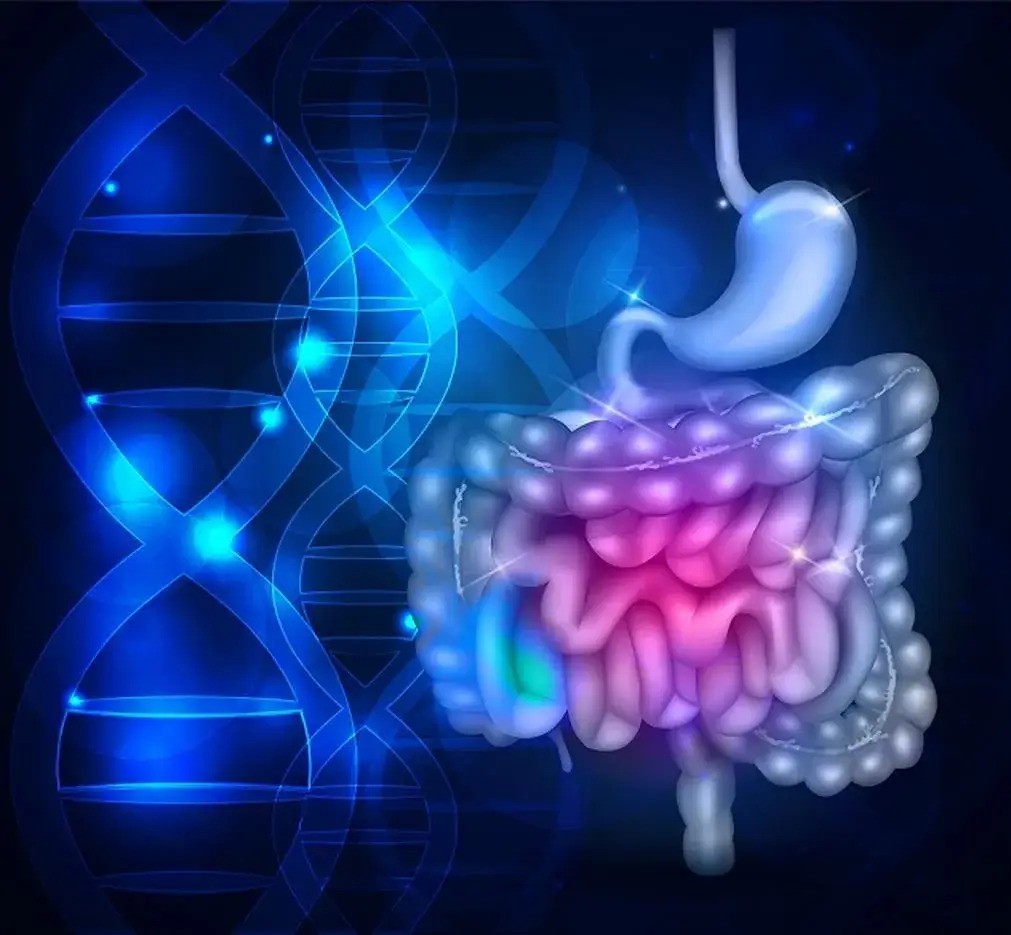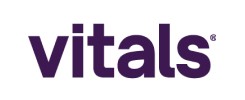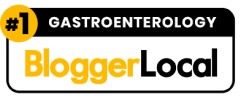
Telemedicine Appointments Are Now Available
Your Trusted Double - Board Certified Gastroenterologist





Often described as a harsh, burning sensation in the upper abdomen, heartburn can radiate throughthe chest, and into the throat and neck. Other symptoms may also include regurgitation, difficulty swallowing and chronic coughing or wheezing.
Heartburn occurs when stomach contents leak back, or reflux, into the esophagus. The esophagus is the tube that carries food from the mouth to the stomach.
When refluxed stomach acid touches the lining of the esophagus, it causes a burning sensation in the chest or throat that many call heartburn. The fluid may even be tasted in the back of the mouth; this is frequently called acid indigestion.
Heartburn that occurs once a month is considered mild. Heartburn once a week is considered moderate. And daily heartburn is considered severe. Heartburn that occurs more than twice a week may be considered gastroesophageal reflux disease (GERD), and it can eventually lead to more serious health problems.
Mild to moderate heartburn usually is not a concern.
If the self-care measures listed below relieve your occasional heartburn symptoms, great! If your heartburn continues, or happens more frequently, or if the heartburn becomes severe, problems such as swallowing difficulties, bleeding, or weight loss can develop, you may have GERD and should consult a gastroenterologist for further diagnosis.
With GERD, a persistent inflammation of the lining of the esophagus occurs. GERD can lead to other health problems.
Persistent heartburn symptoms can be a sign of a more serious medical condition, such as severe inflammation of the esophagus or a tumor. It is important to be evaluated by your health professional if heartburn occurs more frequently and home treatment does not relieve the discomfort.
Home treatment measures and nonprescription medications are usually all that is needed to relieve mild to moderate heartburn discomfort.
Self-Care Measures
Many of the recommended home treatment measures are the same as those recommended for people suffering from GERD:
If these measures don’t take care of the problem, there are also a number of non-prescription medications available.
Medications
Your doctor may recommend over-the-counter antacids, which you can buy without a prescription: Antacids, such as Maalox®, Mylanta®, Rolaids®, and Riopan,® are usually the first drugs recommended to relieve heartburn and other mild GERD symptoms. Many brands on the market use different combinations of three basic salts – magnesium, calcium, and aluminum–with hydroxide or bicarbonate ions to neutralize the acid in your stomach. Antacids, however, have side effects and should be used with care.
Magnesium salt can lead to diarrhea, and aluminum salts can cause constipation. Aluminum and magnesium salts are often combined in a single product to balance these effects. Calcium carbonate antacids, such as Tums®, Titralac®, and Alka-2®, can also be a supplemental source of calcium. They can cause constipation as well.
Foaming agents, such as Gaviscon®, work by covering your stomach contents with foam to prevent reflux. These drugs may help those who have no damage to the esophagus.
Acid preventers.
Several medications which used to be available only by prescription can now be purchased at pharmacies, without a prescription. They are not designed for occasional heartburn, but for more persistent forms of heartburn and GERD. We strongly recommend that you consult with a physician before using these on a long-term basis.
• H2 blockers, such as cimetidine (Tagamet® HB), famotidine (Pepcid® AC), nizatidine (Axid® AR), and ranitidine (Zantac® 75), impede acid production. They are available in prescription strength and over the counter. These drugs provide short-term relief, but over-the-counter H2 blockers should not be used for more than a few weeks at a time.
• Proton pump inhibitors include omeprazole (Prilosec®), lansoprazole (Prevacid®), pantoprazole (Protonix®), rabeprazole (Aciphex®), and esomeprazole (Nexium®), which are all available by prescription. Prilosec® OTC is now available over-the-counter. Proton pump inhibitors are more effective than H2 blockers and can relieve symptoms in almost everyone who has GERD.
Again, since persistent heartburn symptoms can indicate a number of more serious conditions, we strongly recommend discussing this medication with your physician before choosing to take it for an extended period of time.
Check Out Our Reviews & Testimonials
At Midwest GI Health we are proud to share our patient referrals from Healthgrades, Vitals, Google and Facebook. Please take some time to see how pleased our patients are with our professionalism and quality of care.
After years and years of stomach issues and having the same simple tests done with no results, I saw Dr. Taormina and he’s actually trying to help figure it all out, new tests…

The staff was very professional and friendly. The exam was explained by a nurse and the Anesthesiologist then came in to explain what she was going to do. Dr Taormina came…

The facility is small enough you don’t feel like a number and big enough you know they have what they need in case of an emergency. Dr Taormina is easy to talk to and answers all questions. Explains everything well, easy to understand. The group of nurses are also great!

Free Resources




with the Exceptional Service You Deserve!
3601 NE Ralph Powell Rd, Suite A
Lee’s Summit, MO 64064
Phone: (816) 836-2200
Fax: (816) 836-2244
medical marketing & seo by: kcwebdesigner.com | kcseopro.com